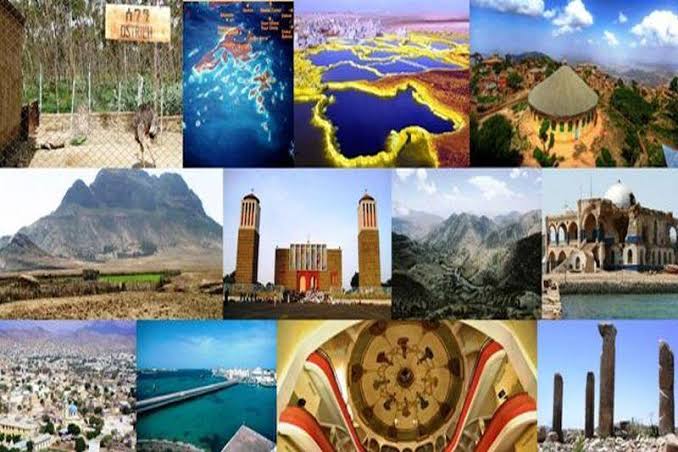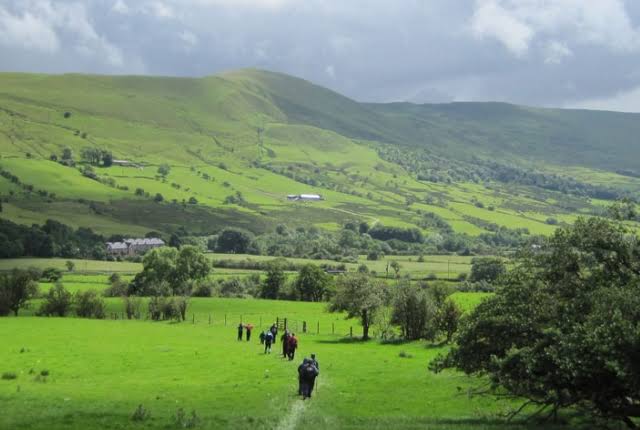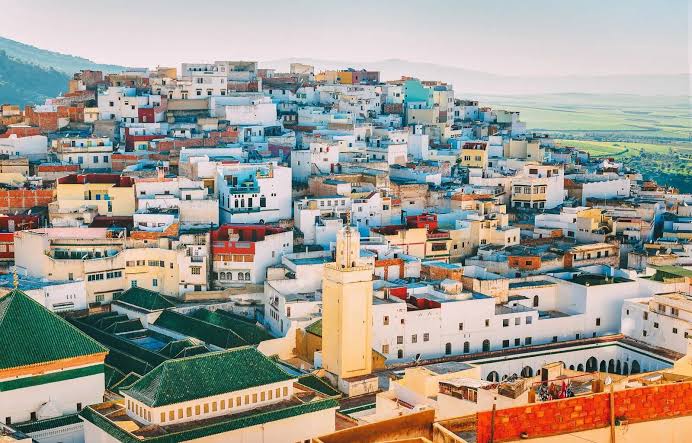Tourism is a critical sector of the Nigerian economy that requires significant improvement due to its critical role in the nation’s progress. It encompasses travel for business or leisure purposes.
Tourists have the opportunity to observe points of interest and experience the local way of life when they visit a destination. Tourism holds significant importance in Nigeria due to its multifarious advantages, including its capacity to generate employment opportunities and government revenue. A comprehensive analysis of the imporance of tourism in Nigeria will be presented in this article.

Following this, the importance of tourism in Nigeria will be examined:
Tourism creates and generates employment
One of the key benefits of tourism in Nigeria is the creation and maintenance of employment. The unemployment rate in Nigeria is widely recognized as being relatively high. Tourism offers prospects for employment.
Such employment opportunities include, among others, hotel personnel, tour guides, and waiters in restaurants. Additionally, tourism presents an opportunity for enterprise expansion.
For example, during tourist-attracting festivals, certain members of the local community often establish commercial ventures, including restaurants and souvenir shops.
Generally, when tourists visit a location, they purchase locally produced products. The purchase of local souvenirs by travelers contributes to the augmentation of local revenue. The provision of services to travelers by local residents contributes to the alleviation of poverty.
This additionally contributes to the amelioration of poverty on a national scale and enhances the general quality of life for the populace. Economies flourish to an unprecedented degree in the regions surrounding tourist attractions. Individuals run businesses.
Additionally, flights and international travel agencies experience an increase in clientele. They will also require additional personnel to operate efficiently.
Additionally, the presence of travelers affects car rental services and other commercial intra-city transportation companies, which experience an increase in business. All of these activities contribute to the reduction of unemployment in the nation and the expansion of employment opportunities.
Foreign exchange and revenue are generated by tourism for the respective host communities
Generally, individuals who travel for tourism purposes spend money. During celebrations, visitors make purchases within the local community. They spend money on food and beverages, souvenirs, lodging, gasoline, parking and gate fees, and other items.
It is customary for international visitors to possess foreign currencies, which necessitate a conversion to naira. Consequently, this generates foreign currency for the nation. The visitor industry contributes to the economic stability of the country through its expenditures.
Tourism revenue is allocated for utilization at both the local and national levels. These funds are allocated towards the enhancement of educational facilities and infrastructures within communities.
When these travelers visit popular tourist destinations, they do not exercise restraint in their expenditure. They have unlimited spending capacity.
The proliferation of tourist destinations and the subsequent revenue they generate from patronizing local businesses contribute to the overall economic development of the nation.
Tourism accelerates the construction of infrastructure
The influx of travelers into local communities contributes to an acceleration of infrastructure development.
More funds would be generated in response to an increase in tourist numbers; these funds would be used to construct new roads and other public and social amenities for the indigenous people.
Enhanced amenities within the host communities would consequently serve as a magnet for a greater influx of visitors. The beneficiaries of the supplied amenities would be the indigenous population.
Sufficient revenue from tourism could be allocated towards the construction of markets, educational institutions, hospitals, and the provision of reliable piped water and electricity.
Historically, inadequate infrastructure has posed a challenge for investors interested in allocating capital to rural communities. Due to the inadequate infrastructure, private entities and individuals are discouraged from possessing investments in these regions.
Evidently, private enterprises that wish to invest in the local economy can do so without much difficulty once the government provides essential infrastructure that is deficient, such as motorable roads.
As a result, the economic welfare of the receiving communities is enhanced through infrastructure development. Each of these is influenced by tourism.
The nation derives ecological and environmental benefits from tourism
Tourists’ visits to popular destinations generate revenue that can be allocated towards ecosystem conservation and natural resource management within the nation. When indigenous people are cognizant of the fact that they are accommodating tourists, they strive to enhance the aesthetic appeal and authenticity of their communities and tourist destinations.
The pivotal communities engaged in the tourism industry of Nigeria allocate financial resources towards the maintenance of their municipalities, guaranteeing consistent cleanliness.
Tourism Contributes to Diversity
Communities whose aggregate income is formally derived from agricultural and other practices can generate a new source of revenue through tourism.
This function as an insurance policy in the event of inclement weather, as the surplus revenue generated from tourism can be utilized to support local enterprises in times of necessity.
Additionally, the creative potential of indigenous entrepreneurs, who generate supplementary income from tourism, is enhanced. Put simply, tourism provides supplementary funds to local businesses in times of financial hardship.
Read Also: Some of the Best views in Lagos
Tourism Contributes to Society
Individuals who travel to different regions of the country for tourism purposes, whether from within or outside the country, introduce fresh perspectives and cultures to the communities they visit.
Additionally, the host communities possess intellectual and cultural contributions that they are eager to impart to the global community. Individuals are therefore able to observe cultural diversity. Furthermore, these visitors are presented with an opportunity for the indigenous people to exhibit and promote their culture.
Tourists attend in order to witness the natives perform dramatic performances and dances that reflect their culture. Additionally, they exhibit their locally crafted goods in an effort to attract visitors’ patronage. All of these actions contribute to the conservation of the cultural heritage of the host communities’






